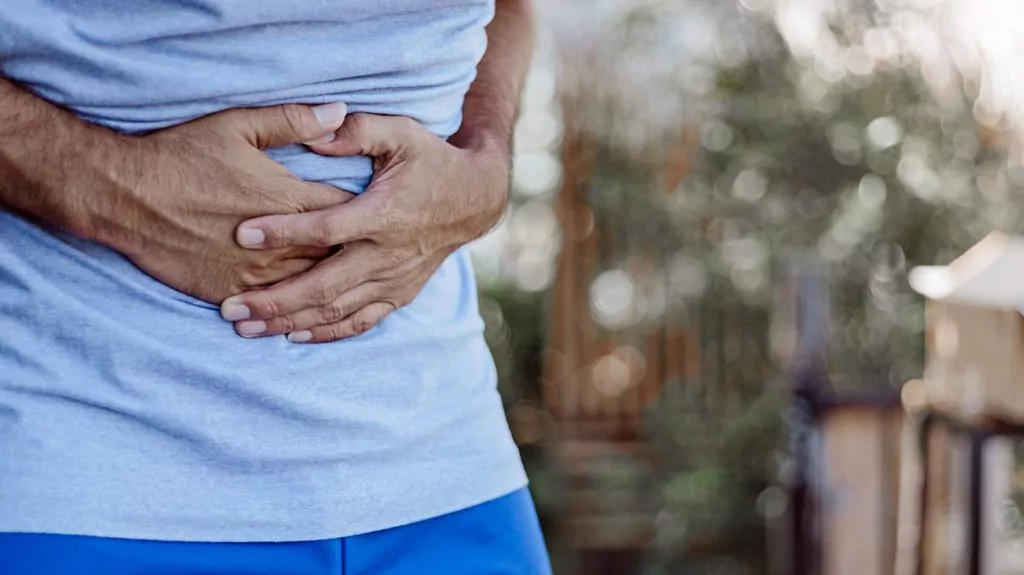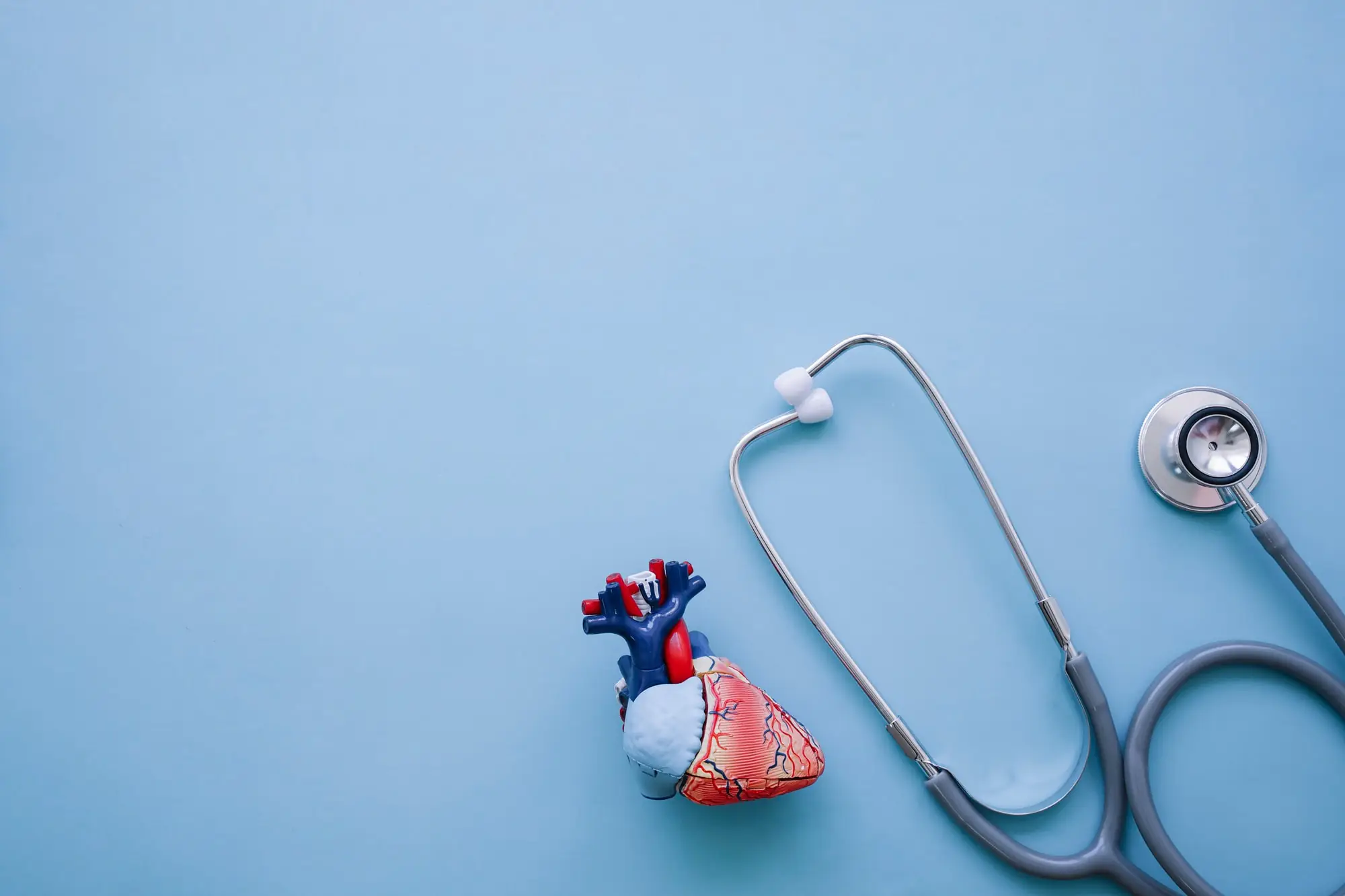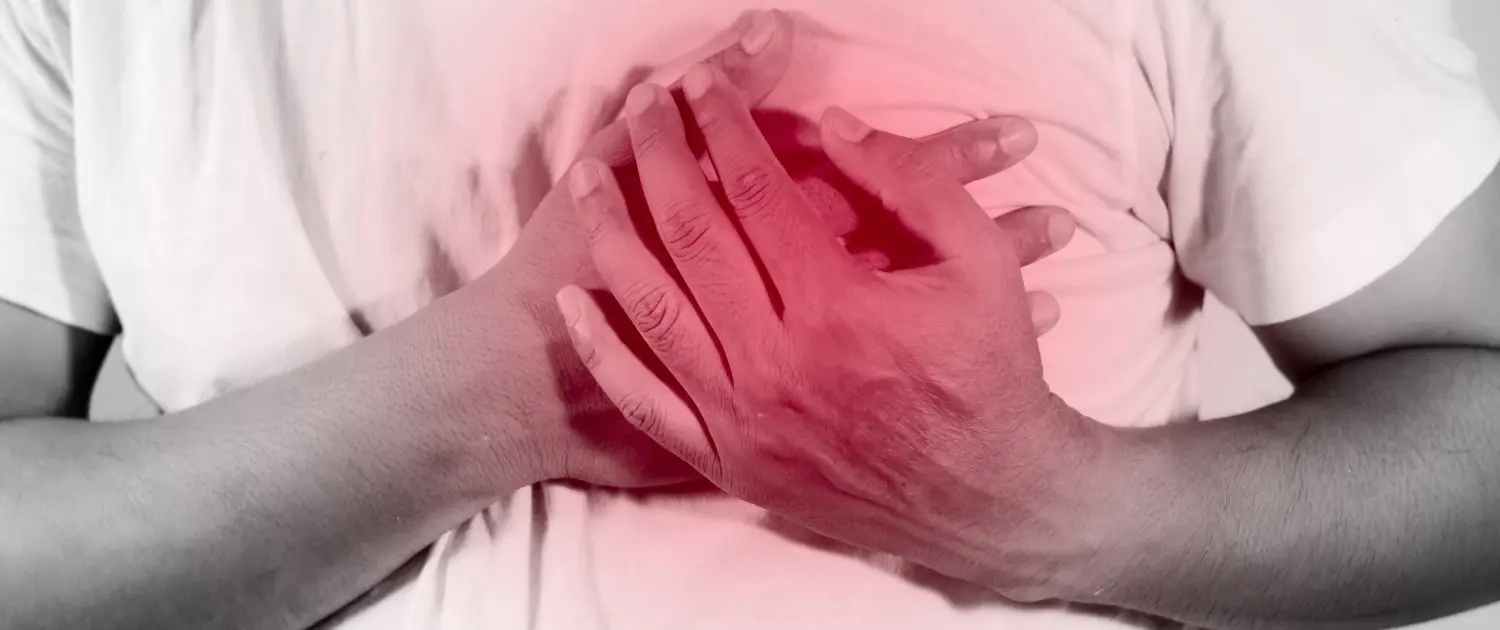What is Good for Diarrhea?
Diarrhea is a digestive system disorder in which the body uses more fluid than normal to pass stools. It usually presents with symptoms such as frequent defecation, liquid and loose stools, abdominal cramps and fever. It can affect people of all ages and is a common health problem worldwide.What is Diarrhea?
Diarrhea is a health problem caused by the digestive system working faster than normal. This problem refers to a condition in which the water content of the stool increases. Because there are many different factors that can cause diarrhea, the symptoms and severity can vary from person to person. Diarrhea is often associated with factors such as viral or bacterial infections, food poisoning, medications, intestinal disorders or stress. The treatment approach may vary depending on the identification of the cause and the severity of the symptoms. In cases where diarrhea is severe and prolonged, a online health It is important to contact a professional.What are the Symptoms of Diarrhea?
Diarrhea occurs as a result of digestive system problems and can lead to many different symptoms. Therefore, it is important to have information about the symptoms before answering the question “What is good for diarrhea?”. Symptoms of diarrhea usually include:- Three or more watery stools a day: The first symptom of diarrhea is frequent and watery stools. Normally solid stools become liquid and frequent trips to the toilet become necessary.
- Pain or cramping in the abdomen: Diarrhea can often cause discomfort, pain and cramping in the abdomen. These pains usually increase during defecation.
- Nausea Diarrhea can sometimes be accompanied by nausea. The person may feel discomfort in the stomach area and vomiting is more likely.
- Fever: When diarrhea is the result of an infection detected by the body’s immune system, a fever may occur. Fever is an indication that the body is fighting infection.
- Feeling weak, tired and slightly dizzy due to dehydration: Frequent and watery stools can cause fluid loss in the body. This can lead to symptoms such as weakness, fatigue and mild dizziness.
- Loss of appetite Appetite is usually reduced during diarrhea. The person may feel reluctant to eat.
- Dry mouth Dehydration can cause dry mouth.
- Bloody stools In some cases, diarrhea can cause bloody stools. This can be serious and may require medical attention.
What are the Symptoms of Toxic Diarrhea?
Toxic diarrhea is diarrhea caused by microorganisms, usually food poisoning or bacterial infections. The symptoms of toxic diarrhea are similar to those of general diarrhea. But it has certain characteristics. Symptoms of toxic diarrhea include:- Extreme nausea,
- Vomiting
- Sudden onset of diarrhea after poisoning,
- Abdominal cramps,
- Fire.
What are the Symptoms of Bloody Diarrhea?
Diarrhea with blood can be the result of a serious problem in the digestive system. It refers to a condition where blood mixes with feces and is a serious problem that requires treatment. Symptoms of diarrhea with blood can be:- Blood in the stool,
- Severe abdominal pain and cramping sensation,
- Fire,
- Fatigue
- Vomiting

What is Good for Diarrhea?
Diarrhea treatment varies depending on the cause of the symptoms. The answer to the question “What is good for diarrhea?” is plenty of fluid intake in mild cases of diarrhea. Drinking water and drinks containing electrolytes helps prevent dehydration. Light foods can be preferred to soothe the digestive system. The use of probiotic foods under the supervision of a doctor can also support intestinal health. Identifying and treating the underlying cause helps to improve symptoms. If deemed necessary by the doctor, medication may be appropriate in cases such as toxic diarrhea. Antidiarrheal drugs may also be prescribed. These medicines help relieve the symptoms of diarrhea by slowing down bowel movements or increasing water absorption from the intestines.What is Good for Diarrhea in Children?
Diarrhea is a more serious problem in children than in adults because their immune system is not yet fully developed. Therefore, “What is good for diarrhea in adults?“, the factors that cause diarrhea may be different, although there are similar methods. Especially in children younger than 5 years of age, diarrhea can be caused by the Rota Virus. Another cause of diarrhea is Norovirus, especially in children. Treatment of diarrhea may vary depending on the underlying cause, the age and health status of the child and the severity of the symptoms. “What is good for diarrhea in a child?“The methods that can be applied in response to the question are as follows:- Fluid Supplementation: Diarrhea can cause fluid loss in the body. Therefore, oral rehydration solutions (ORS) or drinks containing electrolytes are recommended to compensate for the child’s fluid loss. These drinks help to restore the child’s water and electrolyte balance in the body.
- Dietary Changes: During diarrhea, the child’s stomach becomes sensitive. It can therefore be difficult to maintain normal eating habits. It is important to feed the child with light and easily digestible foods recommended by the doctor.
- Medication: In some cases, doctors may prescribe antibiotics or antiviral drugs. However, these medicines are only needed for certain infections and should be used according to the doctor’s advice.
- Hygiene Precautions: It is important to remember that diarrhea can be contagious. Teaching children the habit of hand washing and following cleanliness rules can help prevent the spread of diarrhea.
- Consulting a doctor How children respond to diarrhea symptoms can vary individually. It is therefore always best to consult a doctor. It is important to follow the doctor’s instructions to identify the underlying cause of diarrhea and initiate appropriate treatment.
What is Good for Diarrhea in Babies?
One of the most common causes of diarrhea in babies is infections. Viruses, bacteria and parasites can cause diarrhea when they enter the digestive tract. These infections are usually spread through contact with contaminated water or food. Also, changing a baby’s feeding habits or using a new formula can upset the stomach and cause diarrhea. Allergies, food poisoning and excessive breast milk intake are also potential causes of diarrhea in infants. Since babies’ immune systems are not yet fully developed, some infections can spread more easily and cause diarrhea. Determining the cause of diarrhea in infants is important for the implementation of appropriate treatment strategies. “What is good for diarrhea in babies?” the answer to the question may include the following methods:- Fluid Supplementation: Diarrhea in infants can lead to rapid fluid loss. For this reason, babies should be given frequent replenishment of fluids with breast milk or a bottle. Special solutions such as oral rehydration solutions should also be used as prescribed by the doctor. When used correctly, these fluids help babies maintain their fluid balance.
- Breast Milk Breast milk is the best nutrition for babies and is easy to digest. Continued breastfeeding helps to meet the baby’s fluid and nutrient needs. Breast milk strengthens the baby’s immune system.
- Consulting a Doctor If the baby’s fluid intake decreases and symptoms worsen, it is necessary to contact a health professional. If necessary, various drug treatments such as antibiotic therapy can be started.
- Feeding Adjustments: Babies’ stomachs can be sensitive, so normal feeding habits may change during diarrhea. It is important to feed the baby with light and easily digestible food recommended by the doctor. Foods that support the immune system of babies should be preferred.
- Hygiene Since diarrhea in infants is usually caused by infections, hygiene rules must be strictly followed. Babies’ hands and feeding utensils should be kept hygienic.
What is good for diarrhea during pregnancy?
Diarrhea can be an uncomfortable condition for expectant mothers whose bodies are undergoing major changes during pregnancy. The treatment of diarrhea during pregnancy may vary depending on the cause of the condition. The first answer to the question “What is good for diarrhea during pregnancy?” is water consumption. First of all, when a pregnant woman experiences diarrhea, she should be careful to drink enough water to reduce the risk of dehydration. In cases of mild diarrhea, drinking plenty of fluids and drinks containing electrolytes such as fruit juice are usually sufficient, but if diarrhea is severe or prolonged, it should be evaluated by a health professional. The doctor will perform the necessary tests to identify the underlying cause and recommend appropriate treatment. The use of medication during pregnancy should be carefully managed. Therefore, you should not use any medication without a doctor’s recommendation. It can also help to review eating habits, recognize potential triggers and avoid spicy or heavy foods.What are the Types of Diarrhea?
Diarrhea is a health problem that occurs outside the normal functioning of the digestive system. Types of diarrhea can be classified according to the severity and duration of symptoms. In the case of mild diarrhea, the person usually has watery stools several times a day, but their general health is not affected. With moderate diarrhea, stools may be more frequent and the person may experience a slight loss of fluid. Severe diarrhea is characterized by very frequent and extremely watery stools and there is a risk of severe dehydration. Diarrhea is also divided into two main types. Types of diarrhea include:- Acute Diarrhea: It starts suddenly and usually goes away on its own within a few days. This type of diarrhea is usually caused by temporary causes such as infections, food poisoning and stress. Symptoms may include:
- Three or more watery stools a day,
- Abdominal pain and cramps,
- Nausea
- Fire,
- Feeling weak and tired,
- Loss of appetite,
- Dry mouth
- Bloody stools
- Chronic Diarrhea Chronic diarrhea is a long-standing condition and may be a symptom of an underlying medical problem. It lasts longer than three weeks. Causes of this type of diarrhea can include irritable bowel syndrome (IBS), inflammatory bowel disease (IBD), lactose intolerance, chronic infections and side effects of certain medications. Symptoms of chronic diarrhea are:
- Frequent and watery stools,
- Abdominal pain
- Weight loss,
- Bloody stools
- Fatigue
What Helps Diarrhea at Home?
Diarrhea can cause serious health problems if left unchecked. Especially if symptoms are severe and last for a long time, medical evaluation may be necessary as there may be a serious underlying cause of diarrhea. In this case it is important to contact a health professional. However, the methods that can be applied at home in response to the questions “How does diarrhea pass?” and “What is good for diarrhea at home?” asked for mild diarrhea caused by reasons such as diet are as follows:- Adequate fluid intake,
- Balanced nutrition,
- Probiotic use,
- Regular hand washing and attention to post-toilet hygiene,
- Rest
What Causes Diarrhea?
Diarrhea can be caused by many different reasons. Common causes of diarrhea are:- Bacterial Infections: Bacteria such as Salmonella, Escherichia coli (E. coli), Campylobacter, Shigella can cause intestinal infections. These bacteria usually enter the body through the consumption of contaminated water and food. Consumption of undercooked and unhygienic food in particular can increase the risk of infection.
- Viral Infections: Viruses such as rotavirus and norovirus can cause viral infections that cause diarrhea. These viruses can spread mainly through person-to-person contact or by touching contaminated surfaces.
- Parasite Infections: Various parasites can cause intestinal infections. These parasites can often enter the human body through contaminated water and food.
- Side effects of antibiotics: In some cases, antibiotic use can disrupt the intestinal flora and cause diarrhea. Long-term and unnecessary use of antibiotics can increase this risk.
- Food Poisoning Food poisoning can occur as a result of consumption of contaminated and spoiled food. The contamination of bacteria and toxins with the food consumed quickly leads to diarrhea.
- Irritable Bowel Syndrome (IBS): A chronic bowel disease in which the intestines are more sensitive than usual and characterized by symptoms such as frequent diarrhea or constipation.
- Inflammatory Bowel Diseases (IBD): Includes chronic inflammatory bowel diseases such as Crohn’s disease and ulcerative colitis. These diseases can cause inflammation and irritation of the intestines, leading to diarrhea, abdominal pain, weight loss and other digestive problems.
- Celiac Disease: The inability of the intestines to digest a protein called gluten, found in wheat, barley and rye. When people with celiac disease consume foods containing gluten, damage to the intestines occurs, leading to symptoms such as diarrhea.
- Lactose Intolerance: A condition that makes it difficult to digest milk sugar called lactose. In this case, not enough lactose can be digested in the intestines and can lead to diarrhea.
- Pancreatic Insufficiency: The pancreas is the organ that produces digestive enzymes. In case of pancreatic insufficiency, these enzymes cannot be produced sufficiently and this can prevent food from being digested, leading to diarrhea.
- Gallbladder Diseases: The gallbladder plays an important role in digestion. Gallbladder diseases can lead to reduced production or release of bile and prevent food from being adequately digested.
What are the Foods Good for Diarrhea?
Diarrhea can be alleviated with the right food choices. “What is a home remedy for diarrhea?” is often applied as an answer to the question of consuming the right foods. Foods that are good for diarrhea can help alleviate the symptoms of those with digestive system problems. White rice can help people with diarrhea to regain lost fluids by retaining water as well as facilitating digestion and soothing the intestines. Bananas, with their high fiber content and potassium, can improve digestion and restore electrolyte balance. Another fruit used to stop diarrhea is the apple. “Are apples good for diarrhea?” can be answered yes due to its pectin content, which has thickening properties. Applesauce, with its fiber content, can regulate bowel movements and relieve diarrhea symptoms. Not only fruits but also boiled potatoes can help ease digestion during diarrhea. Yogurt can support intestinal health and correct digestive disorders with the probiotics it contains. Herbal teas, such as ginger tea, can also soothe the stomach and relieve the symptoms of diarrhea. However, when looking for an answer to the question “What stops diarrhea the fastest?“, care should be taken not to overdo the consumption of these foods. Foods that are good for diarrhea are as follows:- White rice
- Banana,
- Apple,
- Yogurt
- Boiled chicken,
- Cracker,
- Potatoes
- Ginger tea
Frequently Asked Questions
Diarrhea is a health problem that can be seen frequently due to various reasons. While some diarrhea resolves in a short time and does not cause serious health problems, some diarrhea can be life-threatening.What is good for watery diarrhea?
Watery diarrhea is a condition caused by digestive system problems and can expose the body to excessive fluid loss. “What is good for watery diarrhea?“The primary answer to this question is fluid consumption. Drinking plenty of water to replace fluids lost due to diarrhea can reduce the risk of dehydration. However, it is also important to pay attention to the food consumed. “What is good for watery diarrhea?” Some foods can also be given as an answer to the question. Easily digestible foods such as bananas, rice, applesauce and white bread can help improve the consistency of the stool. Foods such as yogurt containing probiotics can also support the digestive system and shorten the duration of diarrhea. Depending on the severity and duration of watery diarrhea, the doctor may recommend antidiarrheal drugs.
Are bananas good for diarrhea?
Bananas are rich in fiber, potassium and other nutrients. For this reason, it would be correct to answer yes for “Is banana good for diarrhea?“. In cases of mild diarrhea, eating bananas can help relieve the digestive system. Thanks to its fiber content, bananas can help make stools more solid and improve bowel movements. It also contains potassium, an important mineral for maintaining fluid balance in the body and can help compensate for fluid loss during diarrhea.
What is good for nausea and diarrhea?
Diarrhea and vomiting can cause loss of water and electrolytes in the body. It is therefore important to compensate for water loss. To answer the question “What is good for nausea and diarrhea?“, it is necessary to contact a health professional. These symptoms could be signs of an infection, food poisoning, a digestive disorder or another health problem. Once the health professional has identified the cause of the symptoms, appropriate treatment can be started.
What is good for abdominal pain and diarrhea?
When abdominal pain and diarrhea occur together, the steps to be taken should be carefully considered, taking into account both the severity and duration of the symptoms. Rest can speed up the healing process. “What is good for abdominal pain and diarrhea?” may vary depending on the underlying causes of these conditions. Adequate sleep and rest can help strengthen the immune system and put the body on the road to recovery. “What is good for diarrhea and abdominal pain?” is to be careful about nutrition and to prefer foods that will ease digestion by relaxing the stomach during diarrhea and abdominal pain. Avoiding fatty, spicy or heavy foods helps to relax. If symptoms are severe or persist for a long time, it is important to contact a health professional. This is because chronic diarrhea and abdominal pain may be a sign of another underlying medical problem and the causes of these symptoms may need to be identified.
What is the color of dangerous diarrhea?
Dangerous diarrhea color is a symptom to watch out for, but it usually means a marked change in stool color. If the color of the stool is different from normal, such as green, black, red or white, this can be a sign of a serious health problem. Stool colors that can be seen in diarrhea are as follows:
- Green Stool May indicate that the digestive system is processing food quickly or that green leafy vegetables have been consumed. However, some infections or digestive problems can also cause green diarrhea.
- Black Stool May be a symptom of stomach or intestinal bleeding. The black color of the stool is one of the symptoms of dangerous diarrhea and may require medical intervention.
- Red stool: May be a sign of bleeding. Hemorrhoids, anal cracks or bleeding in the digestive tract can cause red diarrhea.
- White Stool White and clay-colored stools can be the result of problems with the liver or biliary tract and require medical examination.
What is good for diarrhea without fever or vomiting?
Diarrhea is a common digestive problem that can be caused by many different causes and in some cases can occur without fever and vomiting. Food poisoning, digestive system diseases, certain medications and food intolerances can cause diarrhea without fever and vomiting. As with any diarrhea, it is important to consult a doctor to determine the cause of diarrhea without fever or vomiting and to get information about the question “What stops diarrhea?”.
What stops diarrhea the fastest?
There are some methods that can be used to control diarrhea quickly. The answer to the question “What stops diarrhea?” is the use of prescription medicines recommended by the doctor. These medicines help relieve diarrhea by quickly increasing the consistency of the stool. In addition, eating foods such as white bread, bananas and rice can help relieve diarrhea and harden stools. Fluid supplements containing electrolytes can be used to prevent dehydration. Probiotic supplements and foods containing probiotics can help stop diarrhea quickly.
How to get diarrhea?
The mechanism of diarrhea is the result of a complex process within the digestive system. Normally, the digestive system breaks down food, absorbing nutrients and excreting waste products. In some cases this process can be disrupted and lead to diarrhea. The digestive system uses rhythmic muscle movements called peristaltic movements to move food and fluids. These movements normally allow food to be digested and absorbed. In some cases, however, intestinal motility (muscle movements) may increase faster than normal. These rapid muscle movements rapidly advance the contents of the intestine and do not allow the digestive process to complete, resulting in watery stools.
What is good for diarrhea that won't go away?
Persistent diarrhea is defined as frequent and watery stools passing through the intestines for a long time and can be caused by many different reasons. For this reason, it is necessary to consult a doctor to get an answer to the question “What is good for diarrhea that does not go away?“.
How many days does diarrhea go away?
The number of days diarrhea lasts can vary depending on many factors. Usually a mild and acute diarrhea can pass within 1-3 days. But severe or chronic cases of diarrhea can persist for weeks or months.
What causes yellow diarrhea?
Yellow diarrhea usually occurs as a result of a rapid transport process in the intestine. This rapid progression of stool is due to the increased amount of bile in the intestines. Bile is a normal part of the digestive system and helps break down fats during digestion. In some cases, however, the normal functioning of the digestive system can be disrupted, which can lead to yellow diarrhea. Factors that cause yellow diarrhea are:
- Eating fatty foods: Eating too much fatty food can cause the digestive system to produce too much bile to break down fats.
- Liver and Biliary Tract Problems: Liver or gallbladder problems can affect bile production and secretion. These conditions can lead to yellow diarrhea.
- Pancreas Problems The pancreas produces digestive enzymes. Other problems of the pancreas, such as pancreatitis, can cause yellow diarrhea because fats are not digested sufficiently.
- Infections: Some intestinal infections or bacterial conditions can also cause yellow diarrhea.
What is good for toxic diarrhea?
Toxic diarrhea is a type of diarrhea caused by harmful microorganisms and toxins. This usually occurs as a result of consuming contaminated water and food. Toxic diarrhea is usually accompanied by symptoms such as abdominal pain, vomiting, fever and dehydration. For this reason, the question “What is good for diarrhea with abdominal pain?” is often asked in diarrhea due to poisoning. In the event of poisoning, it is safest to seek professional medical help to avoid endangering one’s own life or the lives of others.
Diarrhea can be a symptom of an underlying health problem. For this reason, it is important to seek professional medical help if diarrhea is persistent, if you have other symptoms and if you have complaints such as “My diarrhea symptoms do not go away”. It should be noted that in cases where medical assistance is not physically available, the necessary support can be obtained through online consultations.
You may be interested in : Online Health Service





